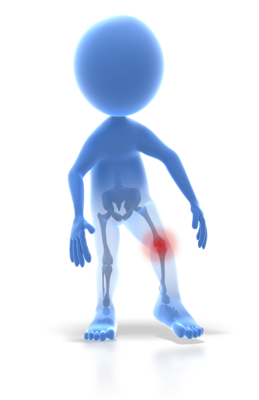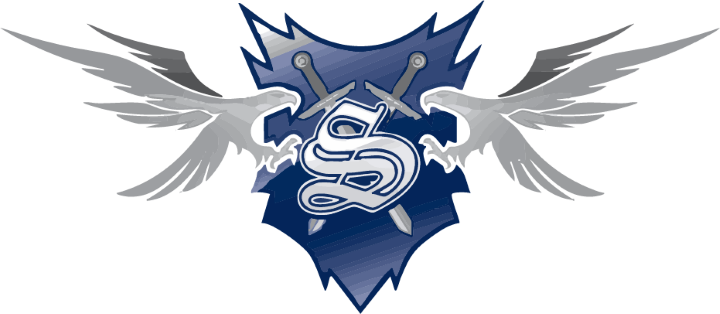Insurance Defense Services & Investigations

Insurance Claims Related Investigations
We work directly with examiners, adjusters, attorneys, employers, and management to provide insurance-related investigations specific to the client requests, and service instructions.




INSURANCE DEFENSE SERVICES - WORKERS' COMP - SLIP AND FALL - MEDICAL
Stryker provides insurance defense services Insurance Defense Services investigative services for insurance carriers, third-party administrators, law firms, and municipalities defending claims. We concentrate our knowledge, skills, and expertise on specific products and investigative services that encompass all aspects of fraud, deceptive practices, pre and post-litigation support, and Worker’s Compensation Surveillance. Consequently, our focused performance will bring our clients exceptional work products and unparalleled service results.
A team approach to detecting and resisting fraudulent claims has been proven to be the most effective response in combating schemes to defraud insurers. Every investigation is unique, and there is no one-size-fits-all approach regarding insurance defense services. We work directly with the examiners, attorneys, and management to conduct the services around specific client requests and service instructions or significant claim activity. Each investigation is tailored toward the unique needs of a particular client and designed on a case-by-case basis to uncover the nature and extent of the deception and expose fraudulent and/or abusive claims.
Defending a lawsuit is vastly different from managing the litigation for an insurance company, or even managing the many cases for which an individual claims professional is responsible. The investigation agency and investigators are fighting an individual battle in each case; the claims professional is fighting a war consisting of many individual battles. The relationship between claims professionals and their outside investigation agency is a key part of providing a successful defense for policyholders. But that relationship will always fall short of the ideal when half the people do not fully understand what motivates the other half.
Stryker Investigations’ battle-tested insurance defense services encompass all aspects of insurance investigations, workers’ compensation, activity checks, surveillance, subrogation, AOE/COE statements, and fraud investigations. We provide insurance defense services to insurance carriers, third-party administrators, law firms, municipalities, and employers in the private sector. Every investigation is unique, and there is no one-size-fits-all approach regarding Activity Checks, Surveillance, Subrogation, AOE/COE Statements, and Fraud Investigations. We work directly with the examiners, attorneys, and management to conduct services around specific client requests, service instructions, or significant claim activity. Each investigation is tailored toward the unique needs of a particular client and designed on a case-by-case basis to uncover the nature and extent of the deception and expose fraudulent and/or abusive claims.
SUBROGATION INVESTIGATIONS
Subrogation is your opportunity to conduct a causal investigation and identify property owners, individuals, responsible parties, or entities involved. Determine any contributing factors and establish if there is any contributory negligence, immediate cause, intervening cause, proximate cause or proximate consequence and establish any negligence. If any legal cause is identified and can be proven it is possible to recover the money you have paid for damages caused by a third party.
If you are liable for a Workers’ Compensation claim but not responsible for the actual injury, subrogation investigations may help you recover the funds you have paid to an injured employee. If your company decides to pursue subrogation, Stryker will work to recover the damages from the responsible party. Damages may involve costs paid by you and the insurance company. Costs paid by you usually mean your deductible but could include amounts over your policy limits not paid by your insurance company. This would depend on the laws in your state and the specific circumstances surrounding the loss.
DOCTOR OFFICE | HOSPITAL | MEDICAL CLINIC | URGENT CARE CANVASS
Stryker’s canvass program is effective tool investigators use to determining whether there has been any previously undisclosed medical treatment(s) obtained by the subject, which may reveal a pre-existing injury or treatment prior to the alleged date of loss. You can use this information to dispute the extent of injury issues and questionable dates of injury. Every investigation report has the same basic objective… even the canvass reports. Their objectives are to collect, assemble, and preserve evidence. Find facts known to be true and those that may be presumed from all the evidence. Gather the best available evidence with the least possible delay and make determinations and recommendations for administrative disposition. Stryker’s canvass reports include a detailed chart depicting the search findings and a map of the area canvassed. Also included are standard database search results with the subject’s social security number, date of birth, possible aliases and address history, when available. This can be useful in locating previous addresses where the subject may have prior medical treatment records.

Written testimony serves as legally binding evidence, whether provided in a courtroom or during an investigation. When a witness signs a written statement, they affirm under penalty of perjury that their account is truthful and accurate. Professional investigators meticulously document these statements, as false testimony can result in serious legal consequences. Even outside formal court proceedings, signed written statements carry significant legal weight and can be used in future litigation, insurance claims, or enforcement actions.
These documented statements become permanent records that can significantly impact legal proceedings and insurance investigations. Insurance carriers, attorneys, and courts rely on these sworn statements to establish facts, verify claims, and determine proper resolution of cases.
Talk to a Licensed Private Investigator about our surveillance and areas of service in Los Angeles, Long Beach, LA County, Beverly Hills, Century City, Costa Mesa, Irvine, Mission Viejo, Newport Beach, Orange County, San Juan Capistrano, San Gabriel Valley, Surveillance Investigator, Santa Monica | San Francisco Bay Area Private Investigator Surveillance Investigator, Background Check, Skip-trace and Locates, Statements, Interviews, Campbell, Cupertino, Palo Alto, San Jose, The Alameda, West San Jose, East San Jose, San Thomas Expy, North San Jose, 1st Street, Milpitas, West Calaveras Blvd, Los Gatos, Los Gatos Heights, North Santa Cruz Ave, San Francisco, Market Street, California Street, Columbus Ave, Kearney Street Saratoga, Saratoga Ave San Jose and San Francisco
1 (800) 733-1950




